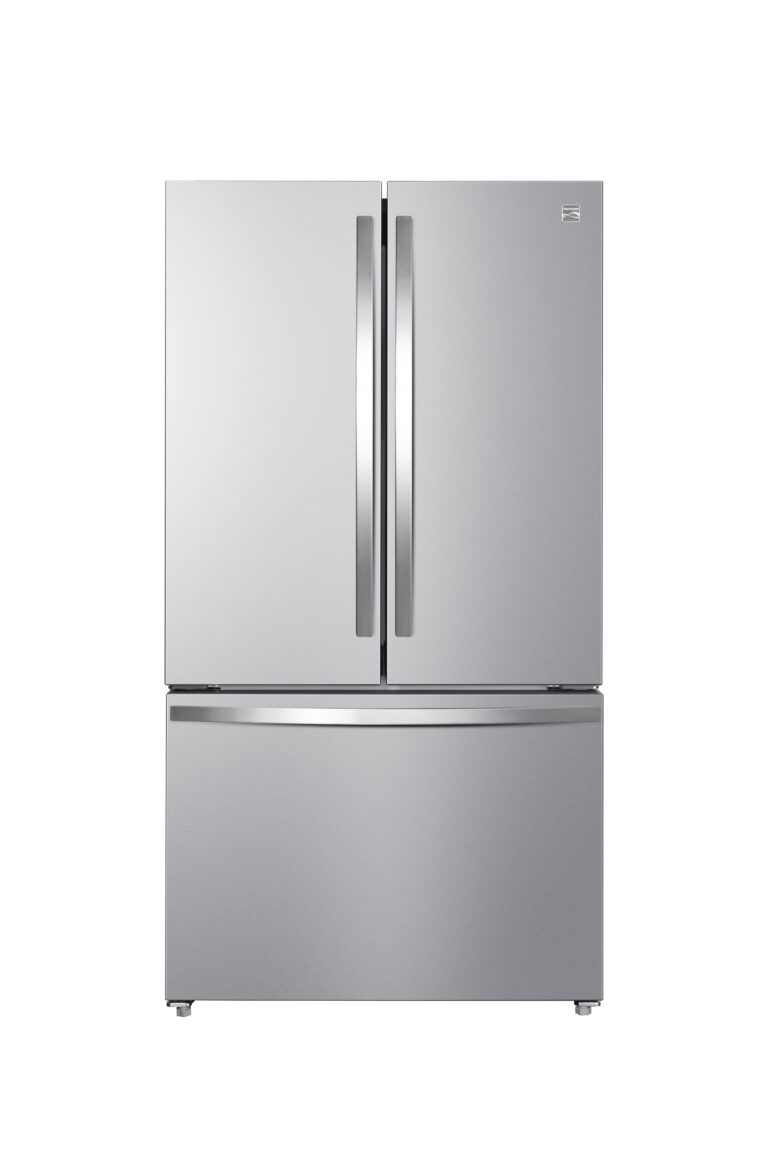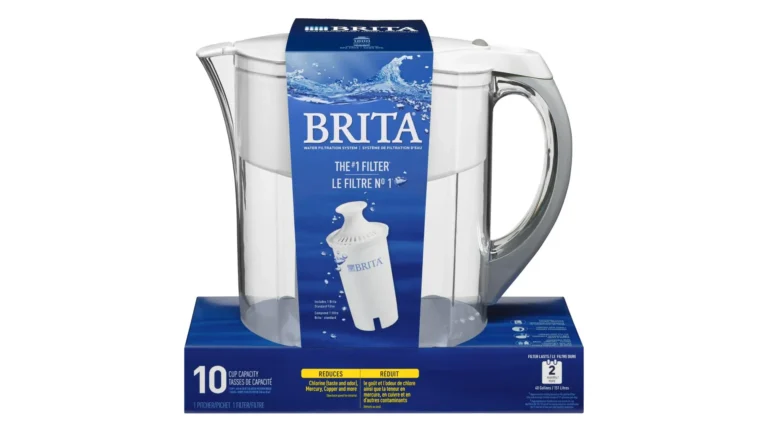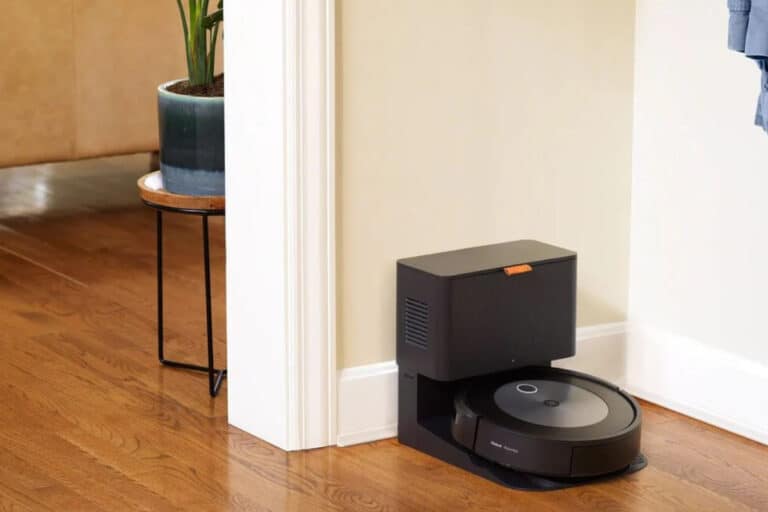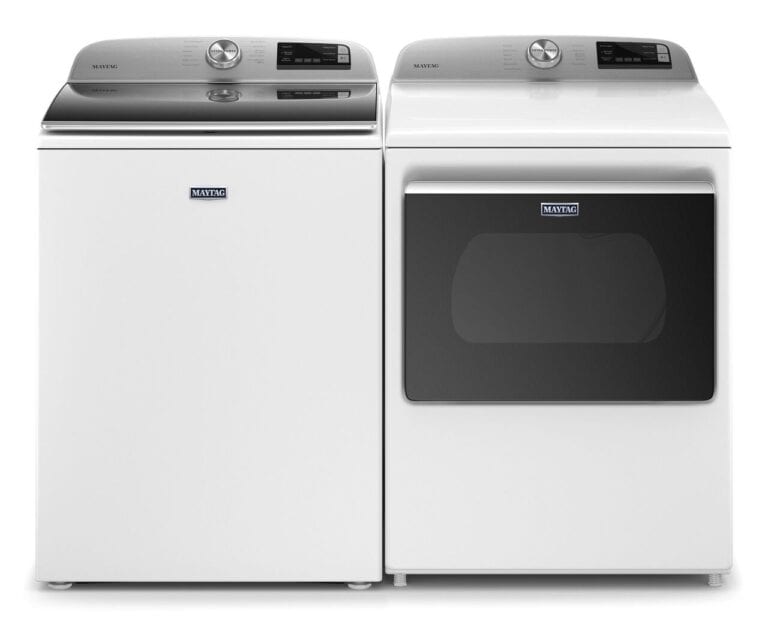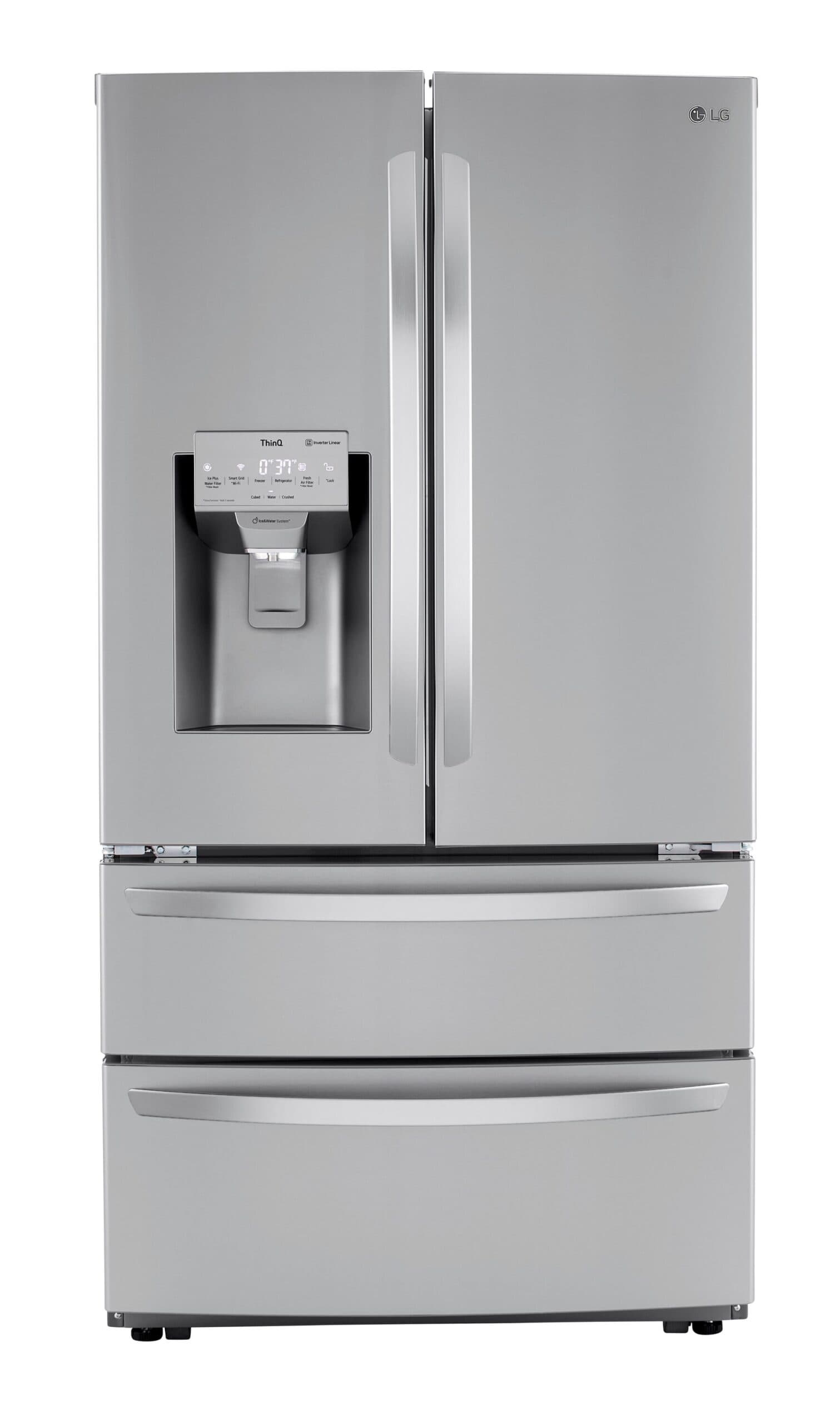
A noisy refrigerator can disrupt the peace of any home. Many people experience this common issue, which often stems from various mechanical components within the appliance. The most frequent causes of a loud refrigerator include a faulty compressor, loose fan blades, or problems with the defrost timer.
Refrigerators contain several moving parts that can create different sounds. Some noises are normal, while others may signal a need for repair or maintenance. Understanding these sounds can help homeowners identify potential issues before they escalate, saving time and money on repairs.
Proper installation and leveling of a refrigerator can prevent many noise problems. A refrigerator that is not level may produce vibrations or other unusual sounds. Regular maintenance, such as cleaning the condenser coils and checking for loose parts, can also help keep noise levels down.
Troubleshooting a Noisy Refrigerator
A little humming from your fridge is normal, but excessive noise can be a sign of trouble. Here’s a breakdown of common fridge noises and their possible causes:
Buzzing or Humming
- Dirty Condenser Coils: Dust buildup forces the compressor to work harder, leading to louder humming. Cleaning the coils can often solve this.
- Failing Compressor: A very loud buzz, especially if accompanied by rattling, could indicate a failing compressor. This often requires professional repair or replacement.
Clicking or Tapping
- Defrost Timer: This timer controls the defrost cycle. A faulty timer can cause clicking or tapping sounds, often accompanied by frost buildup.
- Water Inlet Valve: This valve controls the water flow to the ice maker and water dispenser. A malfunctioning valve can cause clicking noises.
Rattling or Vibrating
- Loose Drain Pan: The drain pan collects condensation. If it’s loose, it can rattle. Simply securing it should fix the problem.
- Ice Maker: Ice dropping into the bin or the ice maker mechanism itself can create rattling sounds. This is usually normal operation.
Squealing or Grinding
- Evaporator Fan Motor: This fan circulates air in the freezer. A worn-out motor or a fan blade hitting ice can cause squealing or grinding.
- Condenser Fan Motor: This fan cools the condenser coils. A faulty motor or debris hitting the blades can lead to noise.
Gurgling or Bubbling
- Refrigerant Flow: These sounds are usually normal and indicate the refrigerant flowing through the system.
- Water Line Issue: If the gurgling is excessive or accompanied by other symptoms like leaking, there might be a problem with the water line.
Troubleshooting Tips
- Identify the Noise: Pinpoint the type of noise and its location (front, back, inside).
- Check for Obstructions: Make sure nothing is blocking the airflow around the fridge.
- Clean the Coils: Regularly clean the condenser coils to ensure efficient operation.
- Level the Fridge: An uneven fridge can cause vibrations and noise. Use a level to adjust the feet.
When to Call a Professional
If the noise is persistent, unusual, or accompanied by other problems like cooling issues, it’s best to call a qualified appliance repair technician.
Maintaining Your Refrigerator
- Regular Cleaning: Clean the interior and exterior regularly.
- Check Door Seals: Ensure the door seals are airtight to prevent cold air from escaping.
- Don’t Overcrowd: Avoid overfilling the fridge, as this can restrict airflow.
- Proper Ventilation: Ensure adequate space around the fridge for ventilation.
By understanding the common causes of fridge noises and following these tips, you can keep your fridge running smoothly and quietly.
Energy Efficiency in Refrigerators
Refrigerators are one of the biggest energy consumers in your home. Choosing an energy-efficient model can save you money on your electricity bills and reduce your environmental impact. Look for refrigerators with a high Energy Star rating. These models use advanced technology to minimize energy consumption without sacrificing performance.
Consider features like adjustable shelves, door alarms, and efficient cooling systems to optimize energy use. Proper maintenance, such as cleaning the coils and checking the door seals, also contributes to energy efficiency. By making informed choices and practicing good habits, you can reduce your energy footprint and enjoy a quieter, more cost-effective fridge.
Key Takeaways
- Loud refrigerator noises often indicate issues with the compressor, fan, or defrost timer
- Regular maintenance can prevent many common causes of refrigerator noise
- Proper installation and leveling are crucial for quiet refrigerator operation
Common Causes of Refrigerator Noises
Refrigerators can produce various sounds due to mechanical components and normal operation. Understanding these noises helps identify potential issues and when to seek professional help.
Condenser and Evaporator Fan Issues
Condenser and evaporator fans are common sources of refrigerator noise. These fans circulate air to cool the refrigerator and freezer compartments.
Condenser fans can become noisy if:
- Debris blocks the blades
- Bearings wear out
- Blades become bent or damaged
Evaporator fans may produce loud noises when:
- Ice builds up on the blades
- Motor bearings fail
- Blades hit nearby components
Regular cleaning of fan areas and checking for obstructions can prevent many fan-related noises. If strange sounds persist, professional inspection may be necessary to replace worn parts.
Problems with the Compressor
The compressor is a crucial component that can generate significant noise when malfunctioning. Common compressor-related noises include:
- Loud humming or buzzing
- Clicking or knocking sounds
- Persistent running noise
These sounds often indicate:
- Overheating issues
- Electrical problems
- Mechanical failures
A faulty compressor may struggle to maintain proper cooling. If the refrigerator isn’t keeping food cold, along with unusual noises, immediate professional service is recommended.
Faults in the Icemaker
Icemakers can produce various noises during normal operation. However, certain sounds may signal problems:
- Loud clicking or snapping
- Grinding or scraping noises
- Continuous running sounds
These noises can result from:
- Jammed ice cubes
- Faulty water inlet valves
- Worn gears or motors
To troubleshoot icemaker noise:
- Check for ice buildup
- Ensure proper water flow
- Inspect for visible damage
If noise persists after basic checks, a technician should examine the icemaker mechanism for potential replacement of faulty parts.
Troubleshooting Refrigerator Sounds
Loud refrigerator noises can stem from various components. Identifying the source and taking appropriate action can often resolve the issue without professional help.
Identifying Strange Noises
Refrigerators produce different sounds that may indicate specific problems. A buzzing noise often comes from the compressor or condenser fan motor. Rattling sounds can result from loose parts or debris near the condenser coils. Clicking noises might signal issues with the start relay or compressor. Gurgling or bubbling sounds are usually normal, caused by refrigerant flowing through the system.
Grinding noises warrant immediate attention. They may indicate a failing compressor or worn-out fan bearings. Loud humming could mean the compressor is struggling to start or run properly.
To pinpoint the noise source, listen carefully to determine which area of the refrigerator it’s coming from. This information will guide your troubleshooting efforts.
Steps for Basic Troubleshooting
Check the refrigerator’s levelness using a spirit level. Adjust the legs if necessary.
Ensure proper clearance around the unit. Pull it a few inches from the wall to improve airflow.
Inspect the condenser coils for dust buildup. Clean them with a vacuum or brush attachment.
Examine fan blades for obstructions or damage. Gently rotate them by hand to check for smooth movement.
Tighten any loose screws or parts you can safely access.
Check the drain pan for proper placement and secure any rattling components.
Test the door seals by closing the door on a dollar bill. If it slides out easily, the seal may need replacement.
When to Contact a Professional
Call a technician if:
- Grinding noises persist after basic troubleshooting
- The compressor frequently cycles on and off
- You notice a significant temperature increase inside the fridge
- There’s visible frost buildup in the freezer section
- Strange noises are accompanied by electrical issues
Professional repair is necessary for complex problems involving the compressor, sealed system, or electrical components. Attempting these repairs without proper knowledge can be dangerous and may void warranties.
A qualified technician can accurately diagnose the issue and perform necessary repairs or replacements. They have the tools and expertise to work safely with refrigerants and electrical systems.
Maintenance Tips
Regular upkeep of your refrigerator can significantly reduce noise issues. Proper cleaning and inspection routines help prevent common problems that lead to loud operation.
Regular Cleaning of Components
Clean the condenser coils every 6 months. These coils release heat from the refrigerator and can collect dust and debris. Use a vacuum with a brush attachment or a coil brush to remove buildup. For models with coils underneath, pull out the kick plate and vacuum thoroughly.
Wipe down door gaskets monthly with mild soap and water. Clean gaskets seal the doors properly, preventing overworking of the compressor. Check for cracks or tears and replace if necessary.
Empty and clean the drain pan regularly. A full pan can cause gurgling noises and create unpleasant odors. Remove it carefully and wash with warm, soapy water.
Routine Inspection and Care
Inspect the evaporator fan motor yearly. Listen for unusual sounds when opening the freezer door. If you hear grinding or squealing, the motor may need replacement.
Check the water supply line for kinks or leaks every few months. A damaged line can cause strange noises and affect ice production. Tighten connections if loose.
Examine the refrigerator’s leveling legs annually. Use a level to ensure the appliance is perfectly balanced. Adjust legs as needed to prevent vibration noises.
Frequently Asked Questions
Refrigerator noise can stem from various sources and indicate different issues. Understanding these sounds helps diagnose and address potential problems effectively.
Is a noisy refrigerator a sign of a malfunction?
A noisy refrigerator can indicate a malfunction, but not always. Normal operational sounds include gentle humming, occasional clicking, and periodic defrosting noises. Loud or unusual sounds may signal problems with components like the compressor, fan, or ice maker.
What could be causing my refrigerator to emit a loud humming sound?
A loud humming sound often originates from the compressor. This could be due to normal operation, especially in older models. However, persistent loud humming might indicate a faulty compressor or issues with the condenser coils.
How can I determine the reason for my refrigerator’s increased noise levels at night?
Refrigerators may seem louder at night due to the reduced ambient noise. To identify the source, listen carefully to pinpoint the location. Check if the noise changes when opening doors or adjusting temperature settings.
What does it indicate if my refrigerator is noisy but ceases when the door is opened?
This behavior typically suggests an issue with the evaporator fan motor. The fan stops when the door opens to prevent cold air loss. A malfunctioning fan may produce unusual noises during operation but stop when the door triggers its shut-off mechanism.
Are there any DIY fixes to reduce the compressor noise in my fridge?
Some DIY solutions can help reduce compressor noise. Ensure the fridge is level and not touching walls or cabinets. Clean the condenser coils to improve efficiency. Consider using anti-vibration pads under the refrigerator to dampen noise.
What measures can I take to prevent my fridge from buzzing loudly?
Regular maintenance can prevent loud buzzing. Clean the condenser coils annually. Check and tighten any loose parts. Ensure proper ventilation around the fridge. Keep the interior organized to prevent items from vibrating against shelves or walls.

